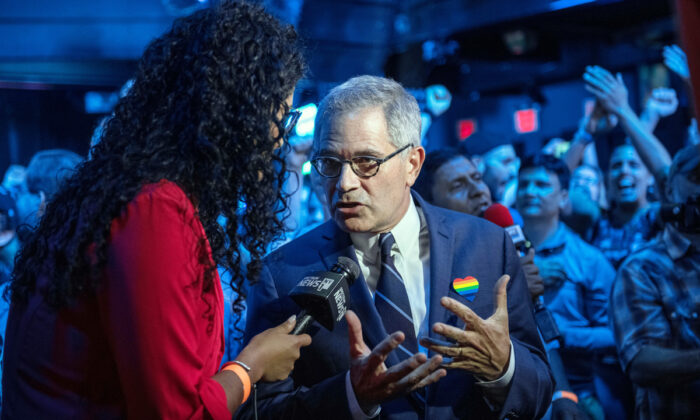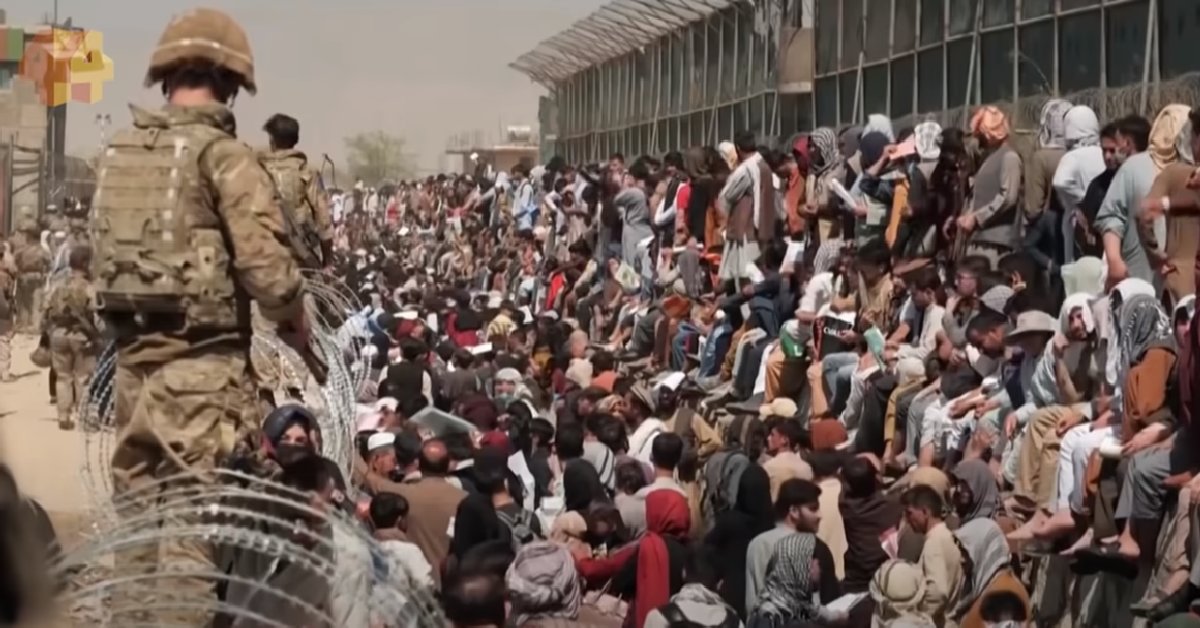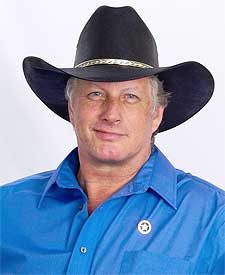By: Bob McCarty
Bob McCarty Writes

Ray LaHood
Transportation Secretary Ray LaHood told a National Press Club gathering May 21 that his plan to overhaul the controversial Mexican truck demonstration program is now being vetted by the White House and has the support of “a number of members of Congress.” If he gets his way, Mexican tractor-trailer rigs will soon be crossing our nation’s southern border once again on their way to delivering goods to destinations within the United States. But at what cost?
Officials with the Owner-Operator Independent Drivers Association have long opposed any rebirth of the North American Free Trade Agreement program that members of the U.S. House of Representatives voted to kill in March. The group’s opposition to the plan is based, in part, upon information found during OOIDA Treasurer Rick Craig’s 12-month review of records in the Federal Motor Carrier Safety Administration SafeStat database that prompted them to oppose the demonstration program launched in September 2007 [Related item: Declaration of Catherine O’Mara].

The review revealed patterns (see above chart) of unsafe operations by Mexico-domiciled motor carriers operating within the commercial border areas of the United States — carriers that had passed an FMCSA safety audit, a prerequisite for participation in the aforementioned demonstration project. Two examples of findings appear below:
- One of those carriers, Trinity Industries de Mexico, had amassed 1,123 violations — or 112 violations per vehicle registered with FMCSA — during the one-year period; and
- Another carrier, GCC Transporte, SA, had been cited for 372 violations — or 36 violations per FMCSA-registered vehicle — during the same period.
Others in the U.S. trucking industry share similar feelings about Secretary LaHood’s effort to revive the Mexican truck program.

Dan Little
“Before LaHood has his way, somebody needs to take a serious look at how this is going to devastate the (trucking) industry in the United States,” said Dan Little, an independent cattle hauler and president of Owner-Operators United, a fledgling independent truckers group. “(The Mexican trucking program) will be one of the final straws.”
“If they want to bring those trucks over here and run ‘em, fine,” he said, “but let’s level the playing field.”
To Little and others within the trucking industry, leveling the playing field means requiring Mexican truck drivers and companies to adhere to the same regulations as U.S. drivers when it comes to safety, health, drug and alcohol testing, fuel standards, etc.
Clayton Boyce, vice president of public affairs for the American Trucking Associations, isn’t so quick to cry foul and thinks safety concerns have been overblown by the Teamsters and others in the trucking community.
“While they talk about safety, their issue is jobs,” Boyce said. “They think that this will take jobs away from U.S. drivers.”
“The way that cross-border trucking is designed, it shouldn’t,” Boyce continued. “It should just make the border crossing more efficient and, as we have seen with Canada, generally the cross-border activity evens out, so you have just as many U.S. trucks going into Mexico or Canada as you have Canadian or Mexican trucks coming into the U.S.”

Still, Boyce acknowledges the possibility that the Mexican trucking program will produce negative outcomes in the form of lost jobs and business for U.S. companies if enforcement lags and “cabotage” is allowed to take place.
He described cabotage as occurring when a Mexican truck comes into the United States and drops off its load from Mexico and then picks up a load in the United States and delivers it within the United States. It must be made illegal.
There are, of course, other requirements officials at OOIDA, OOU and ATA, among others, want to see in any Mexican truck plan. Many are contained in a report submitted to Secretary LaHood May 20 by the DOT’s own Motor Carrier Safety Advisory Committee. Others are outlined in H.R. 1773, “The Safe American Roads Act.”
Incredibly, this capitalist blogger is largely in agreement with James P. Hoffa on this issue. In a worth-reading piece published in the Detroit News April 10, the president of the International Brotherhood of Teamsters cited obvious safety and jobs as issues, but also cited national security and drug smuggling as troubling concerns.


















